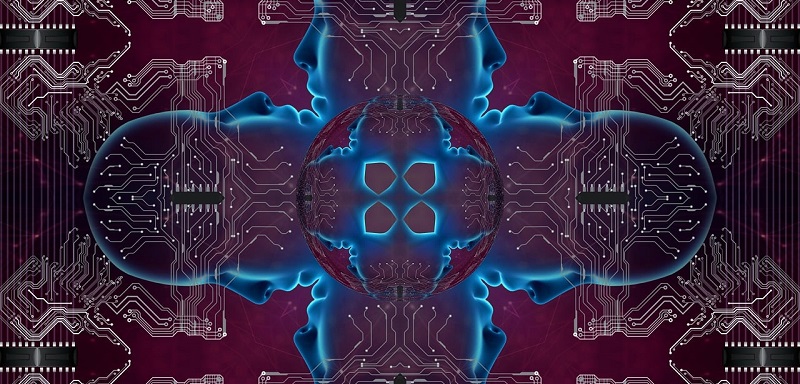In an era where technology is rapidly evolving, the telecommunications industry finds itself at the forefront of innovation, with artificial intelligence (AI) emerging as a key player in this ever-changing landscape. As we delve into the future of telecommunications, it is becoming increasingly clear that AI will play a pivotal role in shaping the industry’s trajectory.
AI-Enhanced Network Operations
The potential of AI to revolutionize network operations within the telecommunications industry cannot be overstated. With the sheer volume of data traffic and network complexity, AI offers significant advantages in improving network operations. By leveraging AI algorithms, telecom companies can optimize their network efficiency and reliability, leading to enhanced performance and reduced downtime. AI-Driven Customer Insights One of the most exciting applications of AI in telecommunications lies in its ability to analyse vast amounts of customer data. By comprehending individual preferences and behaviours, AI enables telecom companies to offer personalized services tailored to each customer’s specific needs. This level of customization not only enhances customer satisfaction but also fosters a deeper connection between the company and its clientele.
Challenges of AI Implementation
While the integration of AI in telecommunications offers immense benefits, it comes with its own set of challenges. Data privacy concerns arise as companies handle vast amounts of customer data. Safeguarding this information through comprehensive security measures becomes crucial to maintaining trust. Additionally, the shortage of skilled AI professionals poses a challenge, requiring telecom companies to invest in training and recruitment. Furthermore, the high costs associated with acquiring and implementing AI technology may hinder its widespread adoption.
The Future of Telecommunications and AI
Undoubtedly, the future of telecommunications will be intertwined with AI. From enhancing network operations and customer service to bolstering security and personalization, AI has the potential to revolutionize every aspect of the industry. The seamless integration of AI technologies will pave the way for a more efficient, intelligent, and customer-centric telecom ecosystem.
Benefits for Telecom Companies Embracing AI
Telecom companies that embrace AI will be better equipped to meet the growing demands of their customers, stay competitive in the market, and shape the future of telecommunications. As AI improves network efficiency, streamlines customer service, and strengthens cybersecurity measures, those companies that adapt and harness its power will gain a significant advantage over their competitors.
The Necessity of AI Integration in Telecommunications
AI integration is no longer just an option for telecom companies, it is becoming a necessity. The relentless pace of technological advancements and the ever-increasing customer expectations require telecom companies to leverage AI to remain relevant and successful. AI’s transformative potential cannot be ignored, and those who ignore this reality risk falling behind.
As we venture into the future of telecommunications, it is clear that AI will be a driving force in shaping the industry’s trajectory. From optimizing network operations and delivering personalized services to bolstering cybersecurity and revolutionizing customer service, AI holds the key to unlocking new possibilities. Telecom companies that embrace AI will not only meet the demands of their customers but also pave the way for a more advanced and connected future. The transformative power of AI in telecommunications is undeniable, and its integration is essential for companies to thrive in the dynamic digital landscape.

